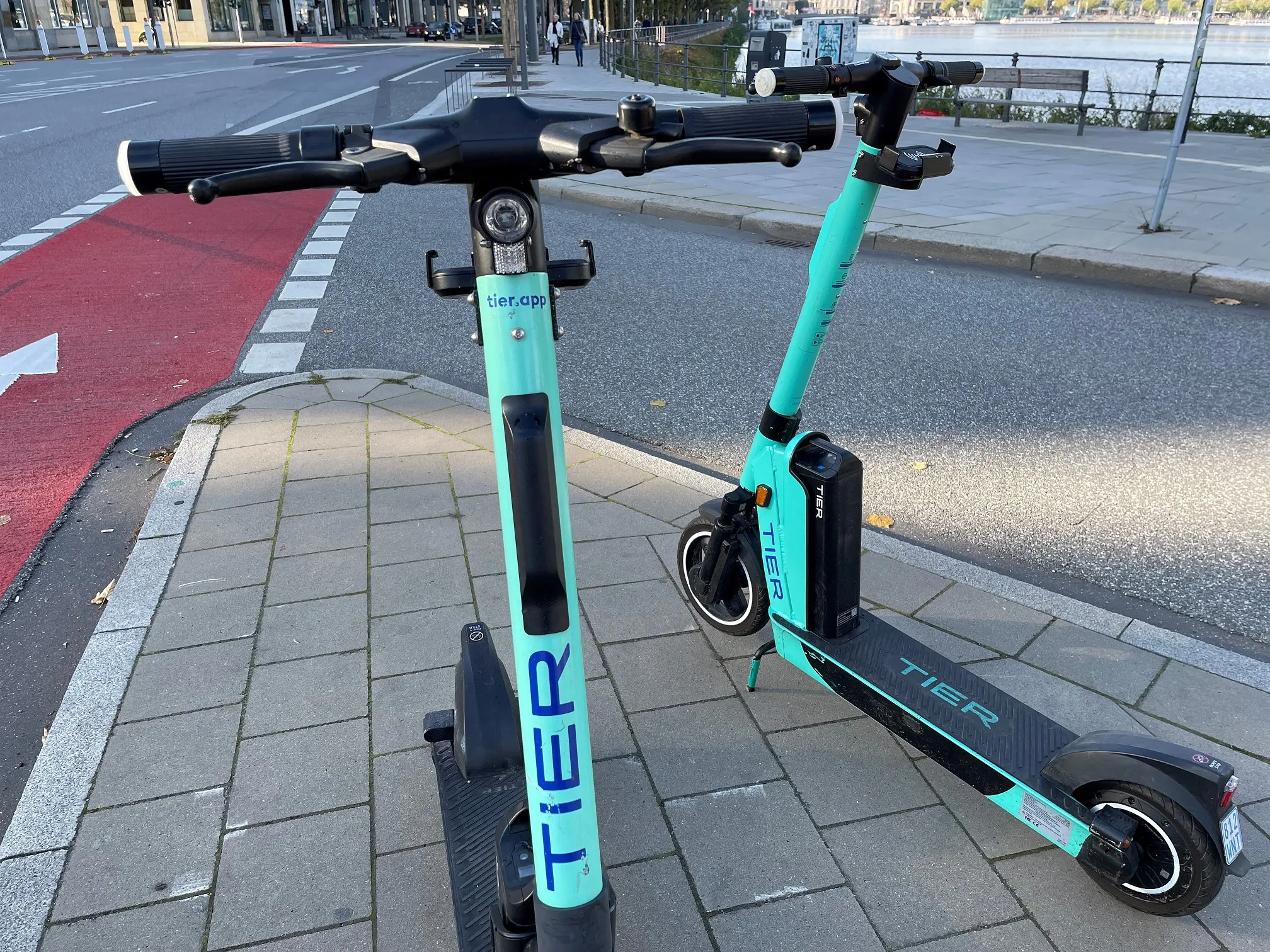Panasonic Corporation has announced that it will supply lithium-ion battery cells for Ford Motor Company's hybrid and plug-in hybrid electricvehicles (PHEVs). The upcoming models of the Ford Fusion Hybrid Electric and C-Max Hybrid Electric as well as the Ford Fusion Energi and C-Max Energi plug-in hybrids will use Panasonic battery cells in combination with a gasoline engine
March 22, 2012
Read time: 1 min
The lithium-ion battery supply agreement with Ford Motor Company builds on a long-term partnership between the two companies. Sanyo Electric Company, which was acquired by Panasonic last year, has been supplying Ni-MH battery systems for the Ford Escape hybrid vehicle since 2004. The company's battery systems have been powering the Ford Escape Hybrid, and the company's battery cells have been powering the Ford Fusion Hybrid, and Lincoln MKZ Hybrid. The partnership now expands to lithium-ion battery cells for the four Ford hybrid and plug-in hybrid models. Battery cells are delivered in cell stack configuration to increase transportation efficiency and reliability.







